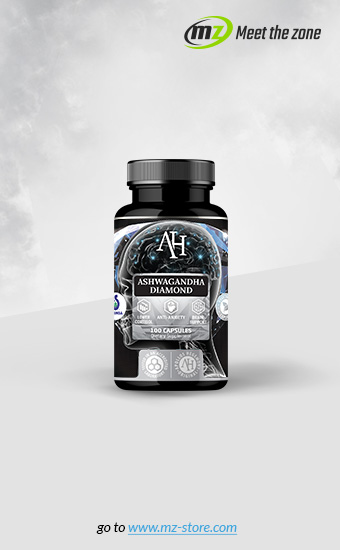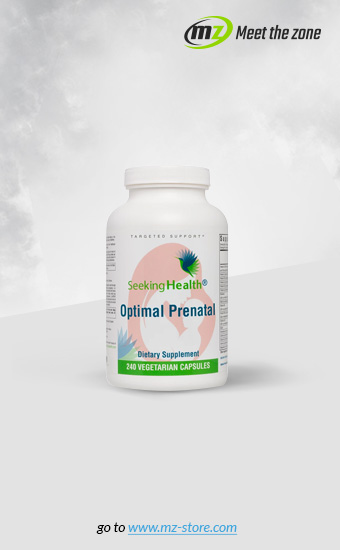In short
De-acidification of the body through diet does not make sense, because the food minimally affects the body's pH, and the same nutrients alter its pH before it enters into human tissue. The PH of a healthy person is regulated automatically by the body. Disorders in this mechanism are a symptom of diseases such as kidney failure.
The popularity and reported effectiveness of the deacidification diet is most likely caused by the fact that it's rich in vegetables, which should form a large part of a healthy diet. Long-term consumption of products advised against in this diet (e.g. processed food, rich in sugars) may contribute not so much to the direct acidification of the body, as to diseases that can then disturb the pH of the body.
In detail
The deacidifying diet has been developed by a person involved in unconventional medicine, not a dietician, and is criticized by doctors for lack of scientific basis. Individual in vitro studies suggest the possibility of this diet, however, studies done on humans, testing one of the easiest to verify diet assumptions - a protective effect on bone calcium leaching - refute the effectiveness of a deacidification diet.
Food minimally affects the pH of the body and practically does not change the blood's pH. There are buffer mechanisms in the human body that are designed to constantly regulate its pH. The work of these mechanisms can be disturbed by diseases, but it has not been proven that food could affect them.
Nutrients that reach the tissues do not have the same pH as the food before consumption.
During digestion, food is perfused by saliva, then it passes through the stomach, where it’s mixed with the acidic stomach juice. Gastric juice causes a partial breakdown of proteins and initiates fat breakdown. Further stages of digestion take place in the intestine. At each of these stages, the food is mixed with compounds that affect its pH, and the total distribution of food in the intestines causes the loss of its original pH - when nutrients reach the tissues, they no longer have the original pH of the food we have consumed.
Long-term consumption of mainly products recognized in this diet as acid-forming will have a negative impact on health regardless of whether they actually have acidifying properties.
Products classified as acidic (e.g. meat, dairy products, flour dishes), especially those that should be completely avoided (e.g. processed foods), do not provide enough of all nutrients, if at the same time we do not eat a lot of vegetables and fruits.
Processed foods can also be a source of large amounts of sugar, trans fats and preservatives. Such a diet with long-term use can negatively affect the body, causing metabolism disorders, or increasing the risk of diseases such as diabetes, which can lead to disturbance of the acid-alkaline balance of the body.
The deacidification diet in their recommendations is very similar to many other diets. A better frame of mind that accompanies people using this diet may result from the delivery of more nutrients and the elimination of processed foods. Thanks to this, the deacidification diet can have a positive effect on the body.
The deacidification diet recommends eating a lot of products from the "basic" category, i.e. vegetables, some fruits, nuts, olive oil, green and herbal teas, which should account for about 80% of meals and reduce the consumption of "acidic" products, i.e. bread, most of zoonotic products (meat, eggs, dairy products). it's also necessary to completely eliminate oily foods, alcohol, 'junk' and processed products, sweetened, carbonated and caffeinated beverages.
There is no evidence that acidic foods cause hyperammonemia (serum ammonia concentration above the norm). This disorder - if not congenital - may be caused by increased muscle work, medications, infections, acidosis, and metabolic diseases.
Although the appearance of yeasts in the body is often attributed to an excessively acid diet, they are a permanent and natural element of the microflora of most people. To be harmful, favorable conditions are needed. Infection of blood with Candida fungi is rare.
Yeast Candida albicans occur in a natural bacterial flora of 40-80% of healthy people, but only in the case of weakened immunity or damage to the flora can be excessive growth, disadvantageous to the body. Candidiasis (yeast infections) may also be promoted by vitamin deficiencies, skin injuries, hormonal disorders, diabetes, pregnancy, obesity or alcoholism.
Yeast feed on carbohydrates, which is why a diet high in sugars can promote their growth. When treating candidiasis, a diet low in sugars is recommended, especially simple sugars.
Infection of yeast blood occurs mainly in groups with increased risk: patients of intensive care units, patients after surgery, with the coil, weakened immune system, newborn babies with low weight.
Changes in pH may occur as a result of many diseases and changes in the body, but so far food is not included in risk factors. Disorders of the body's pH lead to the development of acidosis or alkalosis.
Acidosis often occurs as a result of kidney failure, which regulates the excretion of acidic compounds in the urine. It can also occur in the case of lung diseases (impaired carbon dioxide excretion), diabetes, severe food poisoning and chronic diarrhea, alcohol poisoning, drug overdose. Symptoms of acidosis include acceleration of breath, arrhythmia, disturbances in consciousness, electrolytes and blood pressure. Treatment of acidosis depends on the cause of the disorder.
Alkalosis may occur due to loss of gastric juice (the long-term vomiting, diarrhea), as a result of consuming drugs or hormonal diseases. The symptoms include weakness and spasms.
Urine pH testing will not give us accurate health information. Food can affect the pH of urine, however, urine pH does not show changes in the body. For example, the pH is more acidic in people eating meat compared to vegetarians.
The pH of urine varies depending on various factors. Too high or too low urine pH may be indicative of diseases (e.g., neutral or alkaline staining may suggest kidney stones or urinary tract infection). The correct urine pH is between 4.6-7. The pH itself is not usually the most important, however, the real health problems are information such as the presence of bacteria in the urine, blood cells, proteins, sugar, creatinine, ketone bodies, etc.
To check if the acid-base balance has been disturbed in the body, a test called blood gas measurement is performed that measures the pH of the blood. Usually, they are performed only in justified cases, e.g. after brain or heart surgery, when the patient is suspected of disturbing acid-base balance when there are breathing problems or metabolic diseases, etc.






